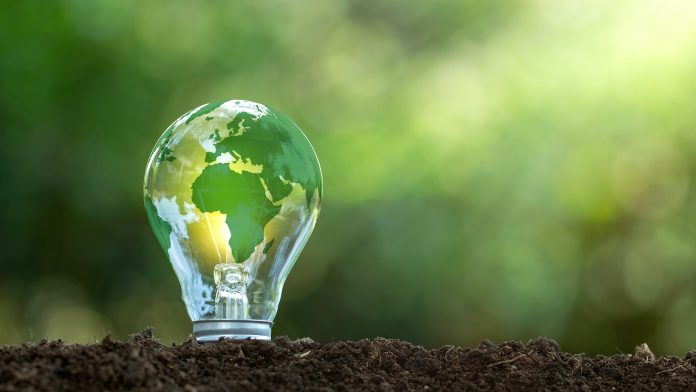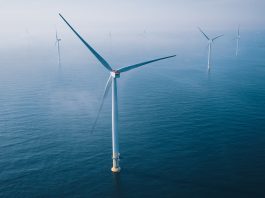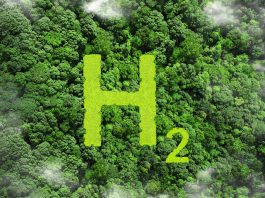Today is the International Day of Clean Energy, an initiative to raise awareness and mobilise action for a just and inclusive transition to clean energy for the benefit of people and the planet.
This year marks the first-ever International Day of Clean Energy, as it becomes more important in reducing greenhouse gas emissions and helping communities access reliable power sources.
Today marks a milestone in the United Nations ‘Transforming our world: the 2030 Agenda for Sustainable Development’, in which it adopted a comprehensive, far-reaching, and people-centred set of universal and transformative sustainable development goals and targets.
Clean energy must be accessible to the whole world
In a world fighting climate change, clean energy is vital in reducing emissions and can benefit communities lacking access to reliable power sources.
Even today, 675 million people live in the dark – four in five are in Sub-Saharan Africa.
The connection between clean energy, socio-economic development, and environmental sustainability is crucial in addressing issues faced by vulnerable communities worldwide.
For populations without clean energy access, the lack of reliable power hinders education, healthcare, and economic opportunities, and many of these developing regions still rely heavily on polluting fossil fuels for their daily life, perpetuating poverty.
If current trends continue, one in four people will still use unsafe, unhealthy, and inefficient cooking systems, such as burning wood or dung, by 2030.
The International Day of Clean Energy aims to address these issues by ensuring the energy transition is inclusive.
The United Nations will also hold a Global Stocktaking in April to assess the progress of this transition and recommend further solutions.
How are organisations around the world marking the event?
The International Renewable Energy Agency (IRENA) is marking the milestone International Day of Clean Energy by organising a virtual panel discussion.
This event serves to increase awareness of the role of clean energy in expanding universal access to energy and promote global initiatives to achieve the goals set out in the Paris Agreement and the 2030 Agenda.
The event will showcase examples of clean energy projects and their transformative impacts on lives and livelihoods in various countries and communities from different regions.
On this important day, the International Atomic Energy Agency (IAEA) has highlighted the importance of nuclear energy in the transition.
According to the IAEA, only two forms of clean energy can currently provide the scale of power needed to keep electricity flowing 24/7 while the world transitions away from fossil fuels.
They said that hydropower and nuclear power offer the non-stop baseload power required for sustainable economic growth and improved human welfare.
The European Commission’s Department of Maritime Affairs & Fisheries built on this, saying that “hydropower can provide a clean and consistent source of power to support a just and inclusive energy transition for the benefit of people and the planet.”
Today is the International Day of Clean Energy!
Wind, tide & waves 🌊 can provide a clean and consistent source of power 🔋, supporting a just & inclusive energy transition for the benefit of people & the planet🌍.
👉https://t.co/9TQMr5zpPa#REPowerEU #SDG7 pic.twitter.com/x5m3bWRUex
— EU Maritime & Fish (@EU_MARE) January 26, 2024









